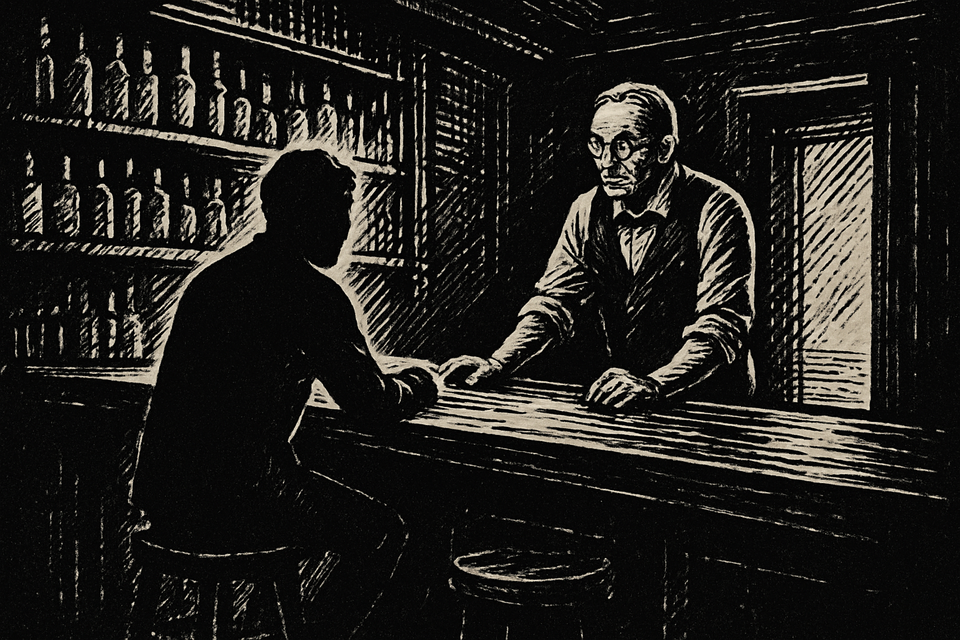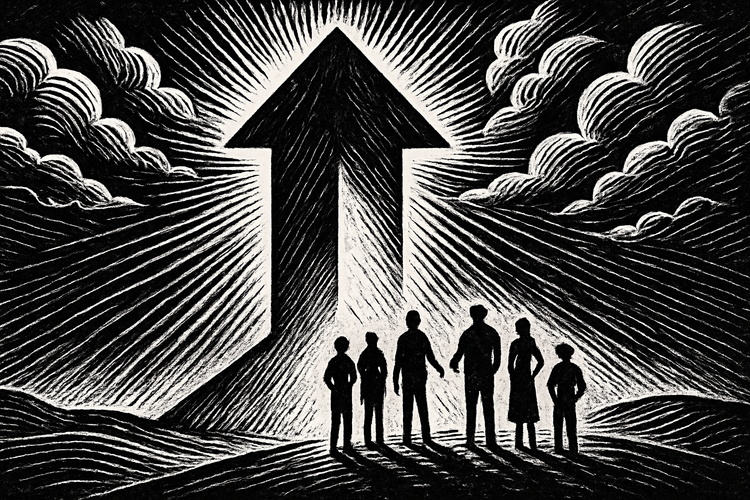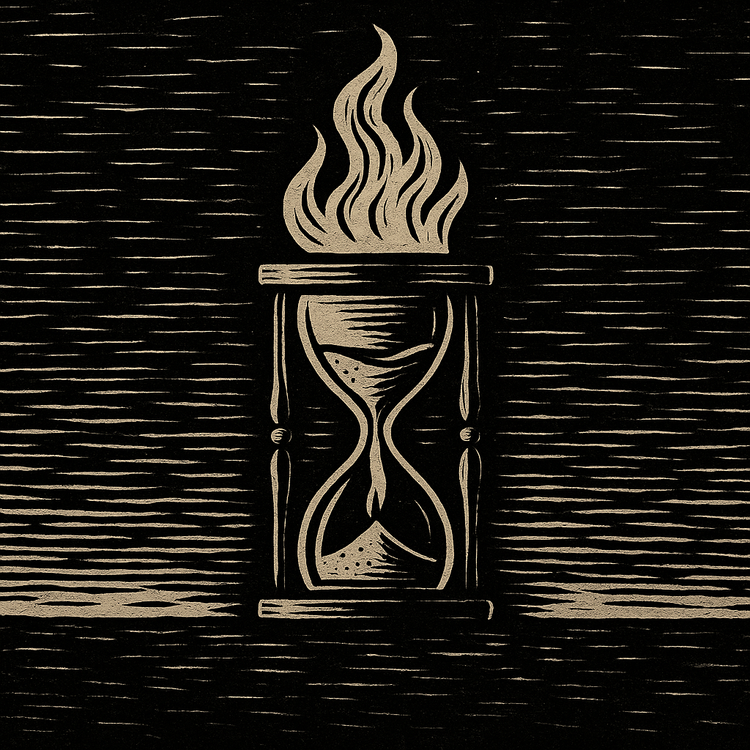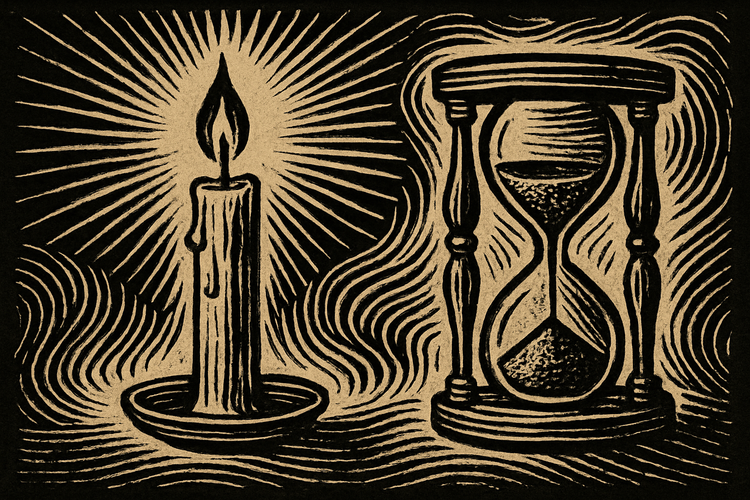The Good Place S2E12 "Somewhere Else"

Spoiler Warning: This reflection contains full spoilers for The Good Place, including retrospective insights and thematic allusions. It assumes familiarity with the entire series and is written from the perspective of a rewatch.
Somewhere Else opens with Michael making the case that the afterlife’s moral accounting is broken. If humans can meaningfully improve after death — without the promise of a reward — then the system is condemning millions unjustly. Judge Gen pushes back, folding the debate into the question of moral desert: should virtue automatically earn a reward, or is virtue its own end? The exchange reframes the season’s moral stakes. It’s no longer just about getting these four humans to the Good Place — it’s about whether the very scaffolding of cosmic justice can hold up under scrutiny.
Gen’s answer is to change the frame entirely: send them back to Earth, wipe their memories, and see what they do when the stakes are hidden. No proof of the afterlife, no running tally of points — just the vague, abstract sense that their actions might matter in ways they can’t see. In theory, the fear of punishment after death still exists, but only in the same hazy, uncertain way it does for the living: a cultural whisper, not a visible scoreboard. That makes the experiment truer to human life. Most people act — or fail to act — without ever knowing for certain whether justice will follow. The question now is whether they can still change under those conditions, when the only judge they can perceive is themselves.
Back on Earth, Eleanor makes a promising start. She avoids the reckless choices that once defined her, starts eating better, even dabbles in small acts of kindness. But without the clarity of the afterlife’s stakes, her resolve erodes. Old habits creep back in, not in a dramatic collapse but in the slow, familiar drift of self-interest. It’s a reminder that change is rarely a straight line — and that without reinforcement, even genuine growth can fade. That drift is where Michael reenters, no longer as a grand architect of elaborate neighborhoods, but as a quiet, human-scaled presence. Behind the bar, he listens, nudges, and leaves Eleanor with a question — What do we owe to each other? — planting a seed that will guide her next choice.
In that moment, the season’s running idea of an unseen hand becomes tangible. Michael, once an architect of torment, has been shaped by the same current that’s been quietly moving them all along. Now, he chooses to work in its style — not as its replacement, but as a willing participant in its design. No grand manipulations, no omnipotent guarantees; just a quiet nudge placed exactly where it might matter. Behind the bar, he plays the part the Hand has always played in this story: a presence you can’t see guiding you toward a choice you must still make yourself. The experiment is still in motion, but now its former antagonist is among its agents, trusting that a single, well-timed gesture can shift a life.



Comments ()